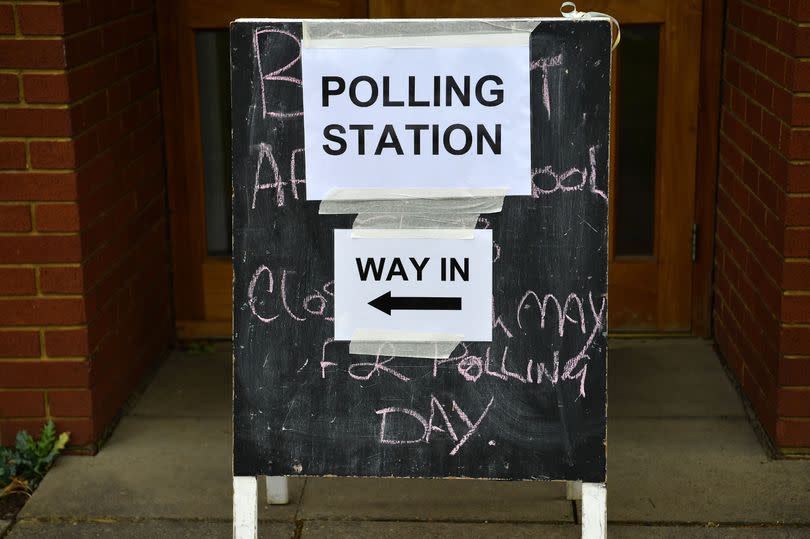Reason why General Elections always take place on a Thursday

General Elections and local ones in the UK invariably occur on a Thursday, a tradition that has persisted for over 100 years, although its origins are unclear to many. Prior to 1918, voting would span several days, with separate constituencies voting on different weekdays.
The previous system was cast aside as it caused a "bandwagon effect" for parties gaining early leads, influencing later voters. The Representation of the People Act in 1918 condensed polling to a single day for fairness.
The choice fell on Thursday to avoid pay-day pub patronage, potentially swayed by Conservative-leaning breweries, which typically occurred on Fridays. Additionally, Sunday was excluded due to concerns about possible influence from Free Church ministers, who tended towards liberalism.
Thursday became the chosen polling day given its neutrality and because it was traditionally a market day, bringing more people into towns, possibly increasing voting turnout.
Despite changing times, the Thursday voting tradition remains firmly in place, save for rare exceptions like the Manchester Exchange by-election in 1973, which uniquely took place on a Wednesday due to an administrative error, reports the Liverpool Echo.
The last UK by-election not held on a Thursday was in Hamilton in 1978. This was due to the opening match of the 1978 FIFA World Cup taking place on Thursday, June 1.

 Yahoo News
Yahoo News 
